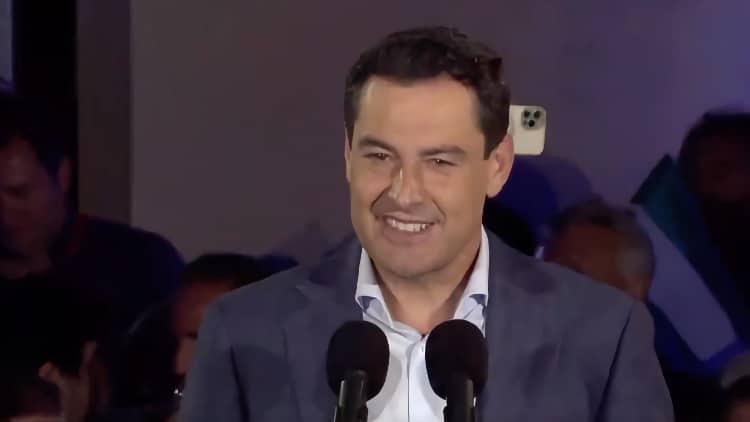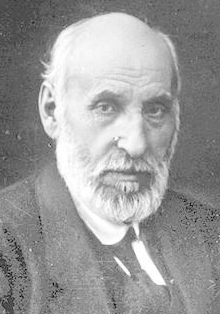Ángel Collado
Pedro Sánchez has suffered his third electoral failure in Andalusia since he was elected President of the Government in December 2019. With the worst results in its history in Spain’s most populated region, the main fiefdom and socialist vote granary since the 1980s, the PSOE’s new defeat also confirms the wear and tear of the president of the Government in the exercise of power, while the PP is already talking about a change of cycle in Spanish politics on the basis of its victory by absolute majority.
Sanchismo, the old PSOE leadership model established by the secretary general to serve his own interests, is the big loser in the Andalusian regional elections. The president of the Government only hoped that the expected victory of the president of the Junta and PP candidate, Juan Manuel Moreno, would later be tarnished by the need to make a pact with the extreme right of Vox in order to remain in power. This is what he needed afterwards, before the general elections, to grease the argument about the threat of this right-wing front and to mobilise the left-wing vote around him.
None of Sánchez’s bets have paid off. The PSOE, with its candidate Juan Espadas at the helm, replacing his former internal adversary Susana Díaz, obtained an even worse result than that achieved in the 2018 elections. In addition to losing three seats (from 33 to 30), the PSOE lost four points in vote share, which points to a direct transfer of socialist voters to the PP.
Vox, led by the impetuous deputy and prominent party figure Macarena Olona, also failed to meet the expectations of the chief executive. He barely added two more seats to his party’s total of 14. The centre-right vote was reunified as never before in Andalusia and Moreno swept the left by grouping together the former Ciudadanos voters and avoiding having to make a pact with Vox.
Sanchismo’s message worked, but against him. It was former socialist voters who rounded up the PP’s absolute majority, half plus three seats (58) of the 109-member regional chamber, to prevent Moreno from being mortgaged after the elections by the extreme right.
The Andalusian electoral turnaround is lethal for Sánchez’s bid to remain in power. Andalusia was a traditional fiefdom of the left, and the PSOE’s disaster has been compounded by that of its more populist partners, who have been reduced from 17 seats to 7 (5, Por Andalucía and 2, Adelante Andalucía).

Under their current leader, the socialists have had two years of fiascos. In July 2020 they were beaten by the PP in Galicia with Alberto Núñez Feijóo’s third absolute majority, and in February 2021 they were tied at 33 seats with the separatists of ERC in Catalonia, their parliamentary partners at the national level. In the Madrid regional elections of May 2021, won by Isabel Díaz Ayuso, they obtained the worst result in their history and were relegated to the status of third party. And last February they lost again to the PP in Castilla y León, although Vox gave them the joy of entering the PP’s coalition executive.
To halt the downward slope of his party and its image linked to the defeat, Sánchez now has the appointment of the next NATO meeting to be held in Madrid on the 29th and 30th of this month with him as host. Between that meeting and the performance of the European presidency in the second half of 2023, the president of the government has to deal with the threat of the economic crisis and the relevant adjustments as a fundamental challenge. In addition, he has to work hard to please his pro-independence allies and maintain the regime of consensual dissent within his cabinet with Podemos.
Sánchez, mortgaged by his allies and with a divided cabinet, thus faces the opposition chasing him with the title that he is what the Americans call a ‘lame duck’, a depreciated leader awaiting replacement.







